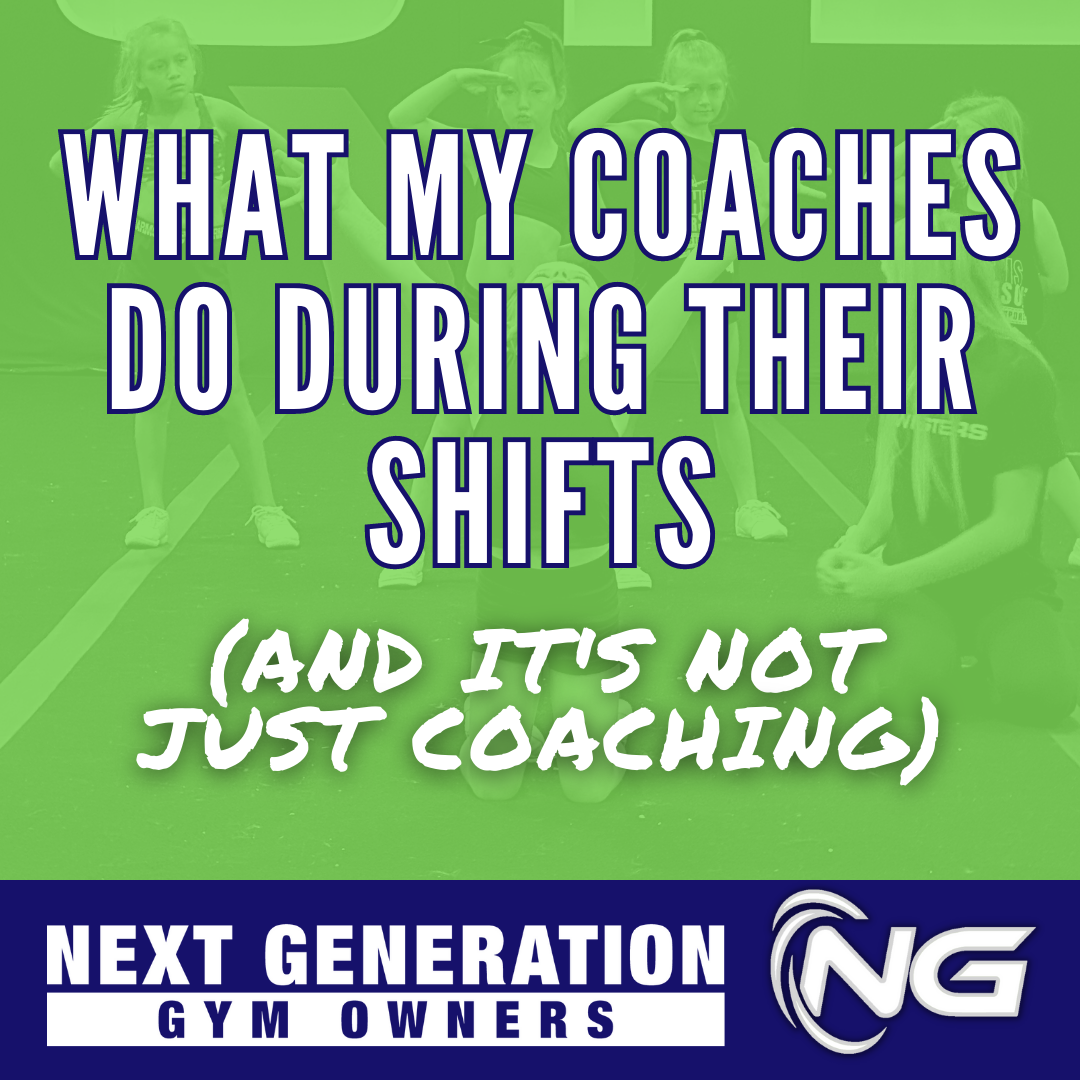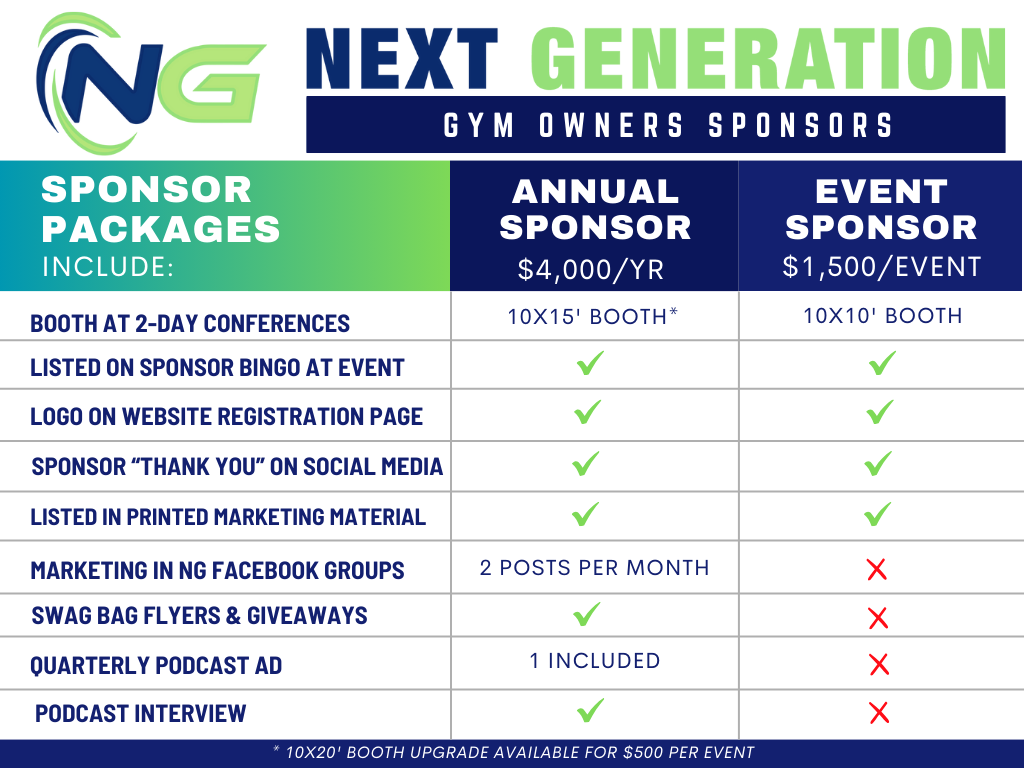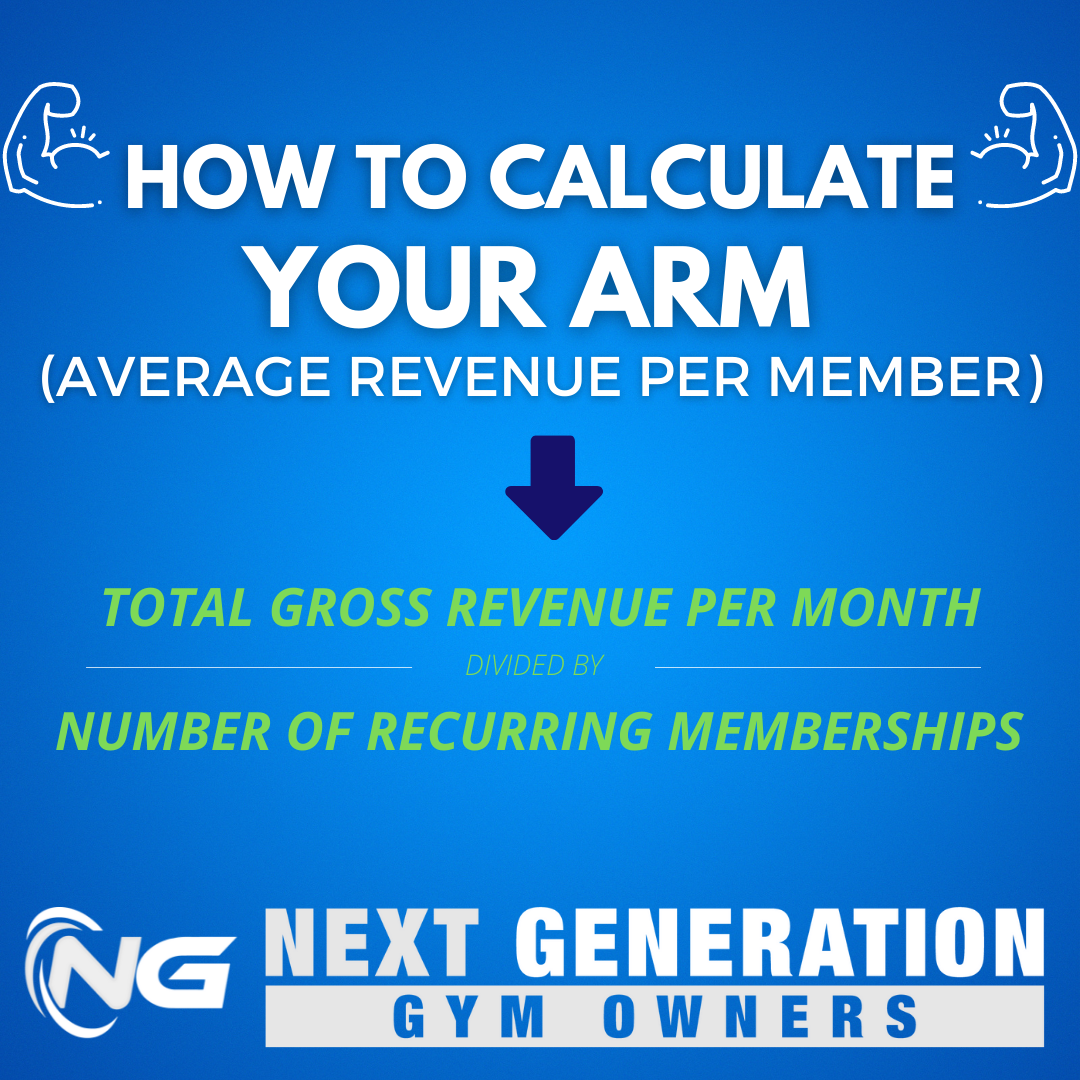So, your coaches come in a few minutes before their first class or team, set out some mats, coach and then leave for the day. Meanwhile, you’re hustling from one errand to the next answering phone calls, emails and text messages in parking lots, while walking and even while talking to your family sometimes from sun up until sun down.
If that makes you feel resentful as an owner at times, I get it. I also understand that most coaches are wanting and willing to do more than we give them – but it requires us to know WHAT to give them first.
So, what do my coaches do other than just coach? Here’s a list of the Top 10 things they’re doing when they’re clocked in:
- Take attendance
- Talk to parents about an athlete’s progress and how they’re doing in class
- Have designated areas of the gym to clean each night
- Assist with tours of the gym
- Help stock concessions and drinks
- Sign birthday cards for athletes
- Staple flyers, assemble folders and other basic administrative tasks
- Hourly bathroom checks (because…you know…kids)
- Help sell our clinics, camps and other programs in the gym
- Assist with training and on-boarding new staff
Ten years ago, my coaches were a lot like yours. They showed up, coached and clocked out. My business partner and I were left to put away mats, clean the gym and help parents understand what classes their child could take and when it was time to move up.
Then we made a HUGE change. We went from team-coaching to shift-coaching. Instead of saying, “You work 5-7:30 p.m. for your team practice”, it became, “You work 5-8 p.m.” Yes, you were intended to coach your team the first 2 ½ hours, but the final half hour could be anything from talking to parents about skills evaluations to cleaning to lesson planning for the next practice.
The idea of, “You work X team” was unreasonable. When I owned a restaurant franchise, I didn’t say, “You make 100 pitas and then you’re done for the day.” Instead, we said, “You work X p.m. to X p.m.” That was not only reasonable, but allowed our staff additional opportunities they wouldn’t have otherwise had. They could get additional training as well as leadership opportunities where they assist others and mentor other staff.
If you like the idea of this, but you’re not sure you will be able to get your coaches on board for that shift in mindset, check out tomorrow’s post where we’ll talk about culture and how you can do this in your gym.











